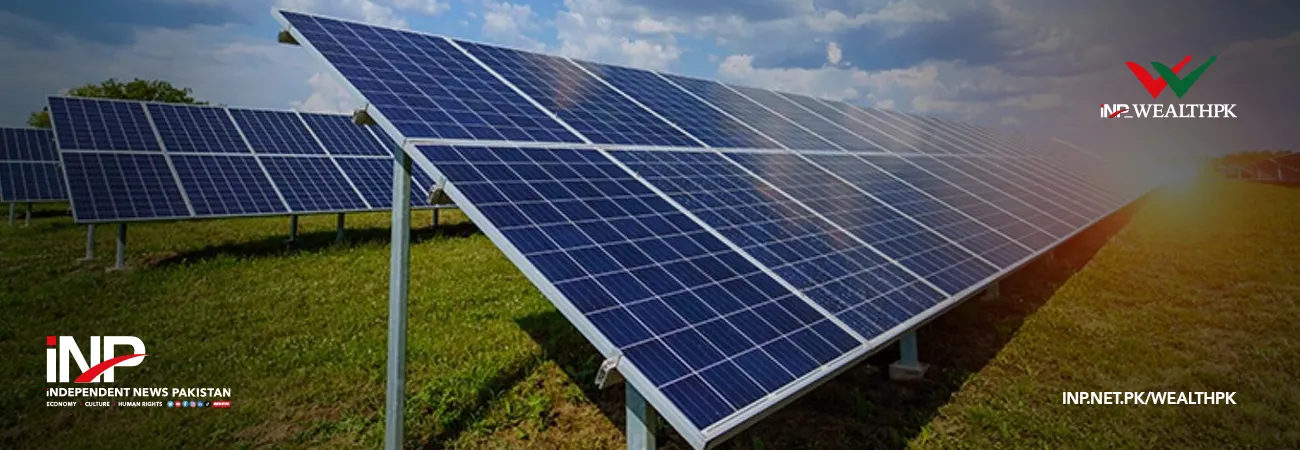آئی این پی ویلتھ پی کے
Amir Saeed
Annual capacity payments to coal-fired power plants (CFPPs) exceeding $4 billion are tightening Pakistan’s fiscal space and slowing down its transition to clean energy, reports WealthPK.

Speaking at a recent webinar organized by the Sustainable Development Policy Institute (SDPI) in collaboration with Boston University’s Global Development Policy (GDP) Centre, experts called for a pragmatic, phased, and cooperative strategy for retiring coal plants without undermining energy security or economic stability.
Dr. Khalid Waleed, an energy economy expert at SDPI, highlighted that these plants are governed by cost-plus power purchase agreements that guarantee up to 25% return on equity, leading to capacity payments of over $4 billion annually. He further warned that reliance on imported coal is inflating electricity costs to as high as PKR25 per kilowatt-hour, while also contributing to 14.5 million metric tons of CO₂ emissions annually.
Although using domestic Thar coal is slightly cheaper, operational and logistical constraints persist. Dr. Abid Qaiyum Suleri, Executive Director of the SDPI, highlighted that it’s been over a decade since global leaders committed to phasing out dirty energy, but fossil fuel consumption has doubled since 2000. Over 16,700 tons of coal is still mined daily worldwide.
Emphasizing that the Resilience and Sustainability Facility (RSF) provided by the International Monetary Fund (IMF) is a timely opportunity for Pakistan to plan its transition, he said, “We must build a customized, credible, and cooperative transition pathway, one that balances climate ambition with local economic needs.”
He further noted that discussions at SB62 in Bonn also focused on similar challenges, indicating a global shift in thinking that Pakistan can leverage. Dr. Kevin Gallagher, Director of the Boston University GDP Center, emphasized that while the global community is exploring innovative mechanisms such as blockchain-enabled asset fragmentation, carbon markets, and public-private partnerships, abrupt or politically motivated coal plant closures could destabilize Pakistan’s power sector.
“The Energy Transition Mechanisms (ETMs) are not punitive tools but strategic instruments to phase out coal responsibly, while protecting workers and communities,” he said. Experts agreed that while coal-fired plants have historically improved energy access in underserved regions, their continued operation now poses serious financial, environmental, and health costs.
The webinar concluded that Pakistan's path to a cleaner, more affordable, and secure energy future lies in a gradual, inclusive approach—built on dialogue, fiscal reform, new financing tools, and strong cooperation with China.
Credit: INP-WealthPk









